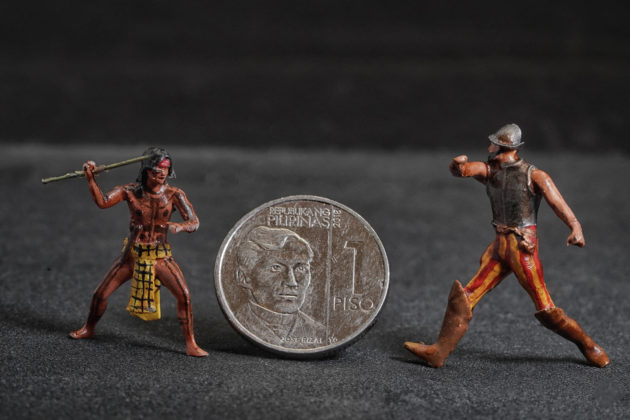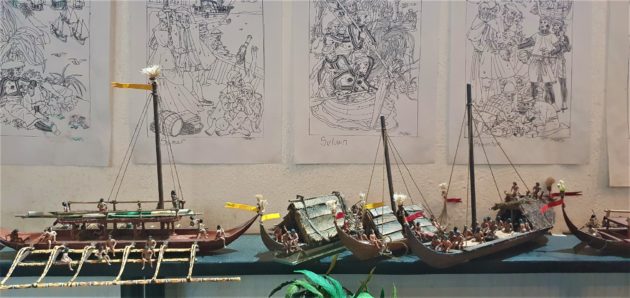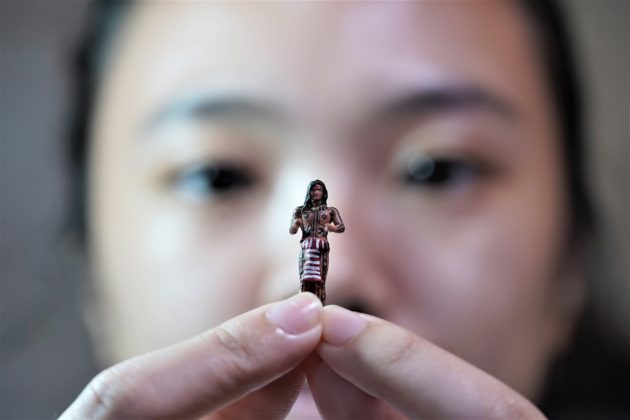Lapulapu as a Heritage of the Filipino
Posted on 27 March 2021
By Dr. Roel F. Bermejo
Exactly a month from now, the country will mark the 500th anniversary of the Victory at Mactan.

The National Quincentennial Committee, which I am representing via its member, the Department of Education, has designated the said milestone as the D-Day of the 2021 Quincentennial Commemorations in the Philippines or 2021 QCP. Under the 2021 QCP, there are actually thirty-four quincentennial milestones—and these include the 500th anniversary of the Philippine part in the first circumnavigation of the world and the 500th anniversary of the introduction of Christianity in the Philippines, among others. The commemorations have begun on March 16 in Guiuan, Eastern Samar. It will last until October 28 in Sarangani Island, Davao Occidental. The 2021 QCP is a commemoration of what happened in 1521 and not solely about Christianity or of Mactan. It’s a historical, cultural and academic program.
Owing to sudden changes in health protocols, the National Quincentennial Committee is restricted to join us now in the inauguration of the diorama of the Battle of Mactan by the Sulu Garden Foundation. Nevertheless, the Committee appreciates the noble and patriotic efforts of the Sulu Garden Foundation in choosing the Battle of Mactan as the theme of this wonderful project. Your endeavor is symbolic of what the National Quincentennial Committee is espousing—and that is for us to appreciate the memory handed down to us by our great pre-colonial ancestors. They may not be Filipino in the context of their time but we inherited their memory and their story. We identify to them, just like how Emilio Jacinto evoked the memory of the Battle of Mactan to remind the Katipuneros that in their veins run the blood of Lapulapu; and the founding fathers of the Filipino nation in mentioning Mactan and Lapulapu during the proclamation of Philippine independence on June 12, 1898, in Kawit, Cavite. Mactan and Lapulapu are part of our being. They are not just limited to the people of Mactan or of Cebu or of the Visayas. They are Filipino by heritage.

Previously, the year 1521 was regarded by many Filipinos as the year when Ferdinand Magellan discovered the Philippines. There was even a time when we were educated that 1521 was the start of Philippine history. The National Quincentennial Committee, through its member agencies like the Department of Education, the National Historical Commission of the Philippines, and the National Commission for Culture and the Arts, is continuously educating the public to revisit 1521 the Filipino way. But how? It is by emphasizing that our ancestors have had a certain degree of sophistication in culture, society, commerce, way of life, and world view. They were not discovered by the Europeans, rather there was a mutual discovery, contact, and acquaintance. The Department of Foreign Affairs, likewise, is using the 2021 QCP to advance this Philippine interest, because outside our country our pre-colonial ancestors, especially those whom Magellan and his crew met 500 years ago, are still being depicted as savages in art and in writing. Actually, if this pandemic did not happen, the NHCP and the Department of Tourism had already finished restoring the Old Butuan City Hall and had it house the Museum of Philippine Early History. The museum, which is still an active project subject to the availability of funds, will highlight the pre-colonial and pre-Hispanic records about who our ancestors were.
500 years since the Battle of Mactan happened, the country faces an enormous feat to conquer. Much as we want to celebrate this milestone physically at the Liberty Shrine, Mactan, Lapu-Lapu City on April 27, the National Quincentennial Committee instead created meaningful ways how to join in spirit. Thanks to social media, we can express our collective efforts and sentiments to the milestones. The Presidential Communications Operations Office and the Office of the Presidential Adviser for the Visayas, both are Committee members, too, are maximizing the government media assets to bring the quincentennial message, programs, and events closer to each and every Filipino, online. Considering that we are still facing an invisible enemy, the Department of National Defense and the Armed Forces of the Philippines will do their earnest best to give a fitting tribute to Lapulapu and his warriors through a simple yet meaningful military parade with no less than President Rodrigo Roa Duterte as the expected guest of honor there in Mactan.
Last December 14, 2020, Executive Secretary Salvador Medialdea, the Chairperson of the National Quincentennial Committee, issued a memorandum to all government offices to support the quincentennial milestones. The National Quincentennial Committee and the Department of the Interior and Local Government through DILG Memorandum Circular 2021-023, supported the entreaty of the Executive Secretary by enjoining the government offices to display quincentennial banners in public spaces and edifices from 1 January 2021 to 31 December 2022. They also enjoined everyone to play the quincentennial theme song “Bagani,” along with other songs in the Limandaan album, which are available on Spotify, in public spaces and programs. The Philippine Sports Commission has already signified interest in incorporating the quincentennial logo on the official uniforms of our competing athletes in the Tokyo Olympics and 31st Southeast Asian Games. From our end in the Department of Education, we will dedicate a school day between April 20 and 27 to discuss the value of nationalism, sovereignty, magnanimity, science, natural resources, health and nutrition, and humanity using the materials the NQC have produced.

The Committee envisions all programs and projects to retell the heroism, gallantry, and nobleness of various historical figures in history, especially the local heroes and eminent people a particular locality has produced; to honor the modern-day great examples of greatness and compassion; celebrate the overseas Filipino workers; and to highlight our achievement as a people in science, arts and culture, and various fields—because, the first circumnavigation of the world is an achievement of science and humankind. But most importantly, let’s make 2021 QCP relevant in our fight against the coronavirus 2019 pandemic.
On the D-Day or the national celebration of the 500th anniversary of the Victory at Mactan on 27 April 2021, government offices and LGUs are enjoined to spruce up historical landmarks, monuments, and plazas in time for the simultaneous flag-raising ceremony at 8:00 a.m.; offer flowers and wreaths at the pedestals of local and national heroes and other illustrious figures in our localities; hang and display of Philippine flags in public spaces for the period of 20-27 April 2021; and illuminate in blue at 6:00 p.m. the government edifices, monuments, and other public spaces to celebrate our maritime civilization and our ancient maritime ancestors.
On behalf of the National Quincentennial Committee, please accept my warmest congratulations.”
Dr. Roel F. Bermejo is Iloilo Schools Division Superintendent of the Department of Education. He read this message on behalf of the National Quincentennial Committee during the inauguration of the Battle of Mactan Diorama on 27 March 2021 at the Sulu Garden Foundation, Miag-ao, Iloilo.

